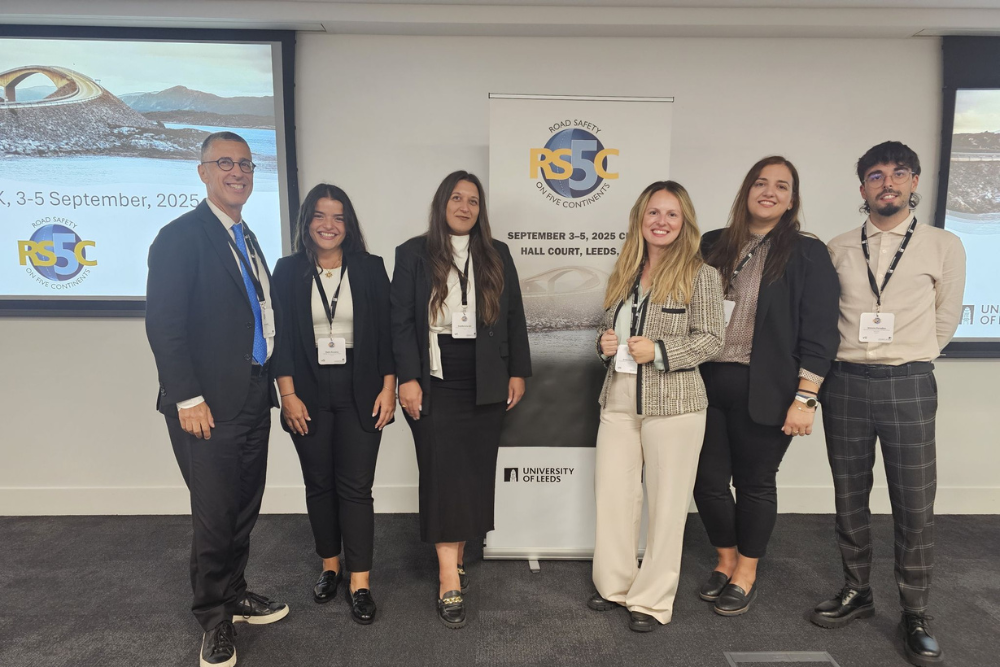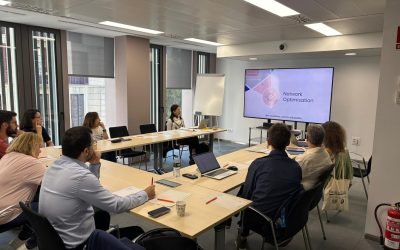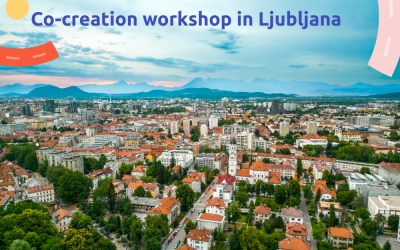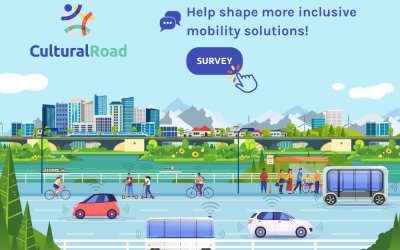From 3 to 5 September, the 20th international RS5C Conference (Road Safety and Simulation International Conference) brought together researchers and experts in Leeds, United Kingdom, to exchange knowledge, experiences, and best practices for making mobility safer.
CulturalRoad was represented by its partner the National Technical University of Athens (NTUA) with three papers presented by Dr. Paraskevi Koliou, Prof. George Yannis, and Stelios Peithis.
The presented papers were:
- “Advanced Analytics for Traffic Safety: Key Metrics, Predictive Insights, and High-Risk Junction Identification”
- “Data-Driven Urban Road Safety Classification Integrating Telematics, Machine Learning, and Spatial Analysis”
- “Enhancing Urban Road Safety Resilience: A Data-Driven Approach Using Telematics, Machine Learning, and Geospatial Analysis”
Together, these studies highlight the power of telematics, machine learning, and spatial analytics in understanding and improving urban road safety. By analysing data from smartphone sensors, police crash records, and road network maps, the NTUA team demonstrated how unsafe driving behaviours, such as harsh braking, acceleration, and speeding, can serve as early indicators of crash risk.
Using techniques like XGBoost, Random Forests, clustering, and geospatial mapping, the researchers developed models capable of identifying high-risk junctions and unsafe road segments in Athens, achieving accuracy levels above 85% in classifying safe versus unsafe areas. The results show that speed variability and frequent braking are among the strongest predictors of crash risk, underscoring the potential for real-time safety monitoring and proactive interventions such as adaptive speed limits, targeted enforcement, and improved road design.
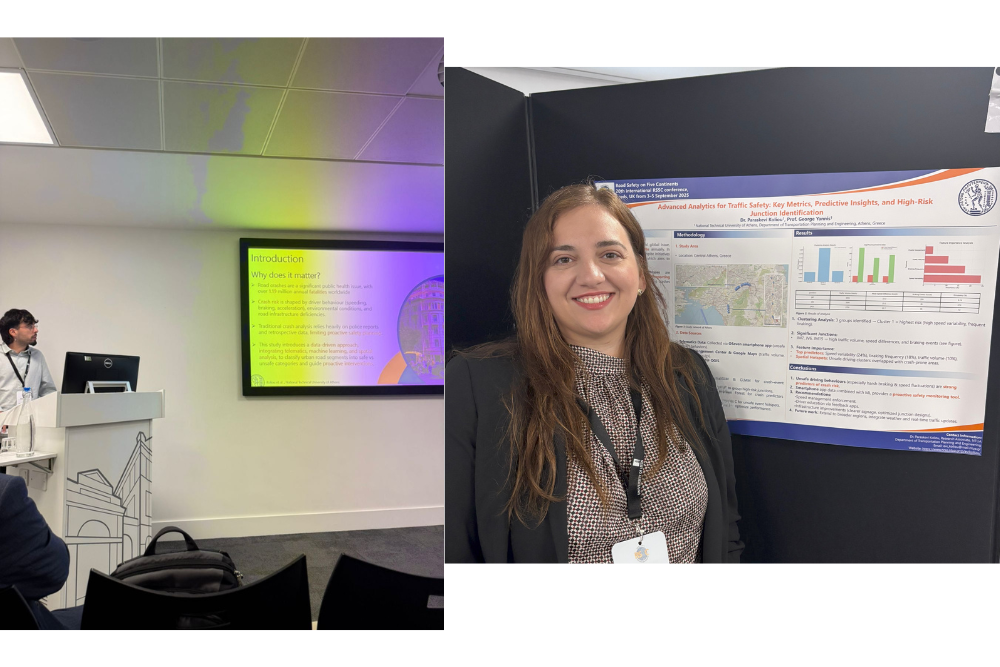
These contributions are directly linked to the CulturalRoad Safety pillar, which investigates how Connected, Cooperative, and Automated Mobility (CCAM) solutions can make transport systems safer for all, especially for vulnerable road users. As CulturalRoad explores whether CCAM technologies deliver equitable safety benefits across different contexts, the NTUA research offers valuable data-driven methods to assess and enhance safety outcomes in diverse urban environments.
Stay tuned for the publication of the papers on our website!
